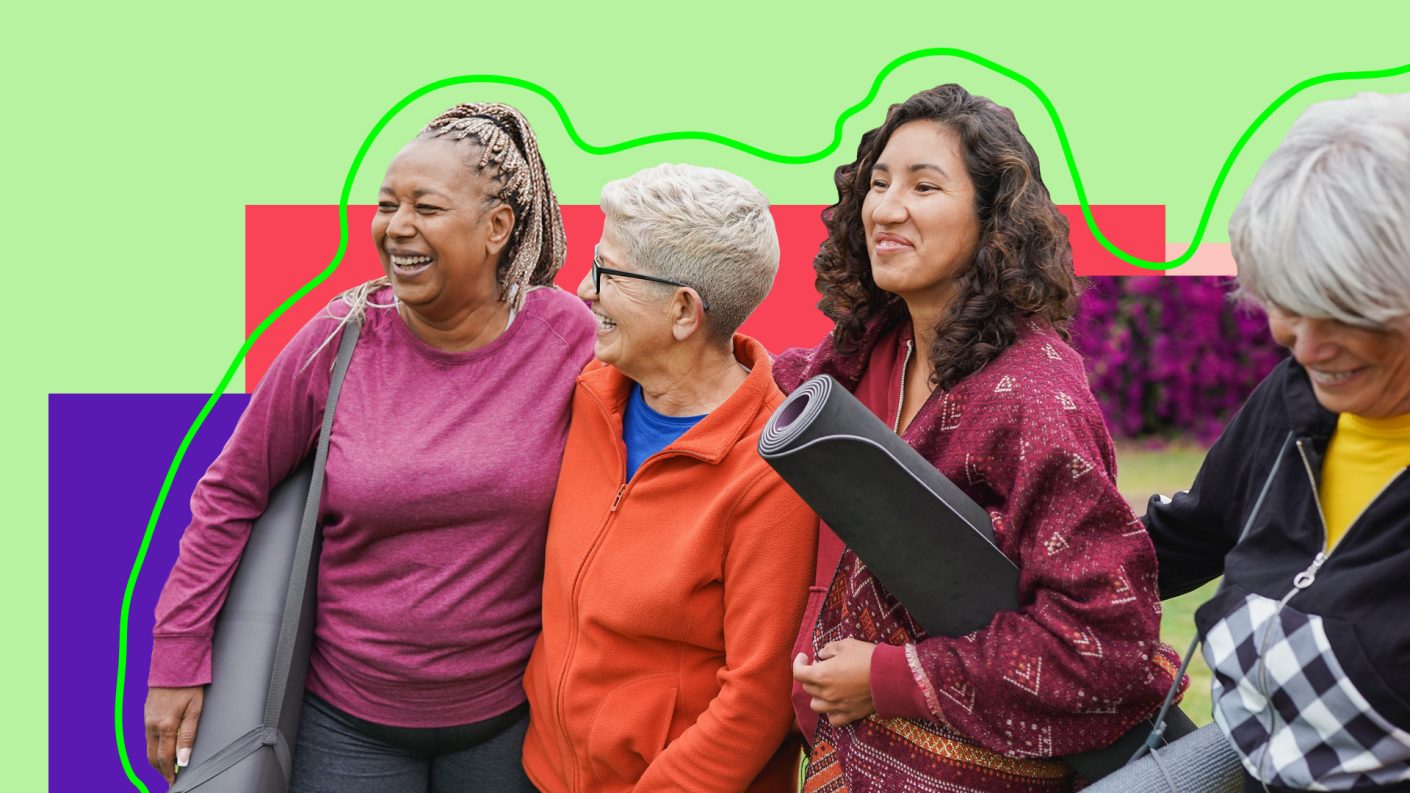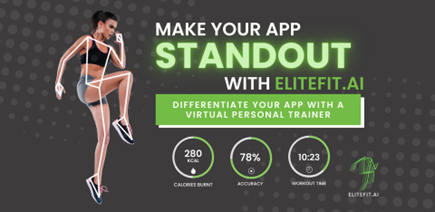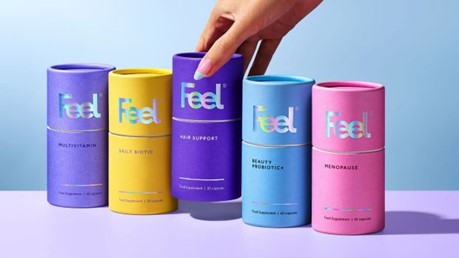Embracing intuitive health: trusting ourselves in a data-driven world
2025 health and wellness trends are showing us that consumers seek a balanced approach to well-being through data-driven insights and instinctive care.


Kathryn Chase
02 April 2025
4 min read
When you wake up in the morning, do you rely on your smartwatch to tell you how well you slept? Or do you simply tune in to how you feel? This balance between technology and instinct is at the heart of ‘Intuitive Health,’ one of the 12 trends identified in our What Matters 2025 trend report. While health tech continues to boom, people are increasingly stepping back and choosing to listen to their bodies. In fact, 63% globally prefer to rely on their feelings and instincts instead of data or numbers.
We’re seeing a shift in health and wellness trends in 2025, let’s explore it together.
Beyond the numbers: balancing data with intuition
People are no longer playing a passive role in their health journey. Across various categories and markets, there’s a clear demand for greater ownership and control. While health tracking technologies remain popular, people want to move beyond being passive recipients of generic data.
Consider the responses from a recent study on health tech we partnered on with consumer health leader, Haleon. Stating the obvious, tech is everywhere, and people have become accustomed to the idea of tech monitoring different aspects of their lives (including health). But while consumers appreciate understanding their bodies better, many participants in our study also expressed an interest in customising the experience. From selecting specific vitals to track, to integrating subjective feelings alongside hard data and choosing personalised health reminders, the desire to move from ‘patient’ to ‘partner’ is clear.
Brands are taking note. Start-up EliteFit.AI offers an AI-driven virtual trainer that analyses users’ movements to provide personalised feedback rather than delivering generic advice. This fosters a more engaged and empowered user experience – a hallmark of the shift toward intuitive health.

Far from abandoning technology, consumers are seeking a balance where intuitive health matter just as much as quantified metrics. As one participant in our study from the UK put it: “If you’ve been out for a good walk, enjoyed fresh air and sunshine and interacted with people, that feeling often outweighs simply counting steps.” This sentiment reflects a broader movement to reconnect with our bodies and enrich health journeys beyond numbers.
Brands are tapping into this sentiment by offering products that prioritise experience over mere functionality. For example, the Moon breathing device supports mindful breathing without overwhelming users with data – instead, it encourages them to connect with their natural rhythm.

Health, your way: the rise of experience-driven choices
Health-conscious living and wellness trends have seeped into every corner of our lives. What used to be niche offerings, like probiotic yoghurts, are now supermarket staples. Food, beverages and even fitness classes are marketed not just for pleasure but for their health benefits.
Today, consumers have a pick’n’mix of options for addressing specific health needs, from gut health to menopause support. These choices often come with a softer, more intuitive and experiential approach. Feel, a wellness supplement brand, positions its clinically validated products by focusing on how consumers will feel, rather than relying on cold, clinical claims – tapping into the movement toward prioritising personal experience over data-driven decisions.

This perma-presence of health messaging empowers consumers to become active curators of their health journeys, making choices that align with their instincts and individual preferences rather than merely following traditional healthcare advice. Whether it’s selecting a high-fibre granola for digestive support, or joining a mindfulness yoga class to feel more centred, people are redefining what health looks and feels like – one instinct-driven decision at a time.
Live long and prosper: the Silver renaissance
Another 2025 consumer trend shaping health is ‘Silver renaissance’. With a rapidly ageing population – the current 1 billion people aged 60 and over is expected to more than double by 2050 – ageing is no longer seen as a time of decline but reinvention. In fact, 71% of people globally view ageing as an opportunity to reinvent themselves.
This mindset aligns closely with the rise of intuitive health, where people seek personalised, experience-driven approaches to well-being. Wellness retreats exemplify this trend, blending tourism with health by offering advanced, yet tailored solutions like cryotherapy chambers, neuro-nutrition plans, and emotional strength training. These retreats go beyond generic treatments, helping guests take charge of their ageing journey with care that matches their individual goals and aspirations.
Fitness supplement brand Valx echoes this sentiment in its recent campaign, encouraging people to live life to the fullest, regardless of age. The campaign featured older adults living active, adventurous lives, dismantling age-related stereotypes and emphasising the importance of maintaining health throughout life.

This blend of feeling good and being well throughout life is a topic we are commonly seeing. In recent work with Haleon, people are increasingly expressing a desire for living well not only for the “now”, but also for the future. We also see people considering which preventative actions they can take to better future-proof themselves. There is growing recognition that a holistic approach lends itself well to this shift, with the multitude of food, drinks and lifestyle choices available offering rich pickings to support this, and ripe opportunity for brands.
The health sector is at a turning point. As consumers seek intuitive, personalised, and empowering health experiences, brands have an opportunity to redefine what it means to be well. By striking the right balance between data-driven insights and intuitive health, companies can help people reconnect with their bodies, trust their instincts and live healthier, more fulfilled lives.
REPORT
Register now!
For more insights into what matters to people in 2025, request your FREE access to our 2025 What Matters report.
Request your free access
